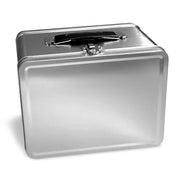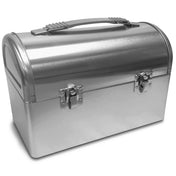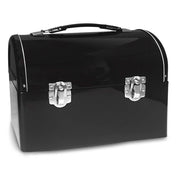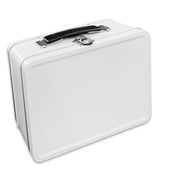Lots of parents struggle with knowing what their role is when it comes to their kids’ and school. Should I (gasp) do their homework with them, to be sure it’s done right? Or should I stay out of it completely? How important is it to join the PTA, anyway?
In the process of researching my new book, Time To Parent, I came across a helpful mantra for parents of children at almost any stage and phase: Be Your Child’s Learning Coach.
When it comes to homework, you - as a parent - have the perspective to see homework for what it is: a chance to help your child learn time management skills, monitor his own learning and asses whether or not he’s meeting teacher standards. Those are important life skills. As your child’s “learning coach” it’s not your job to do the work - but you should be offering the space, time and support to work on assignments.
Here’s how:
Get to know your kids’ teachers. Invest time in building relationships with your kids’ teachers. The better you understand their expectations, the better you can help your little student meet them. Don’t be afraid to ask teachers how much time your child should allocate to specific assignments, or even for clarification on how your child is being assessed (creativity, neatness, accuracy, and so on).
Make homework time a family affair. Starting when children are young, set a regular schedule that the entire family can follow: while kids do homework or read books, parents do their own quiet activity nearby (and stay available to answer questions if/when they come up). Make sure you create a quiet space and environment to support the routine - no one should be having loud fun or playing/watching an electronic device. Think of it as your daily opportunity to model good study habits.
Match your children’s age and stage. How you interact with your kids’ schoolwork will depend, in part, on how old they are. A few general guidelines:
- For kids younger than five-years old, your primary goal is to communicate that learning is fun. Don’t worry so much about giving your kids a head start - focus on talking, reading and play. By the time kids reach elementary age, parents can help their young students start to form good study habits. Provide the right supplies and ensure kids are well-fed, rested and have the energy to do the work.
- By about 10-years old, kids may start to resist advice from their parents. Congratulations, you’ve reached the tween years. Consider enlisting outside help. A tutor - or even a “cool” older neighbor kid or cousin - can help your child start to learn how to keep track of a more complex academic schedule and map out bigger, long-term projects.
- High schoolers want ownership - and it’s wise to give it to them (even though it can be challenging, as a parent, to relinquish control). Know that it’s still your responsibility to provide a quiet study space and steady support. You can also build family activities around your teen’s emerging academic interests. For example, if your high school junior is captivated by the Civil War unit in U.S. History class, consider a family trip through the battlefields of Virginia.
One of the very best things about summer is the break from daily homework: the hustle to get it done before bedtime, the pressure to keep the family schedule on the rails. With the first day of school looming, you may feel anxious about the year ahead. It won’t feel so burdensome if you can play the appropriate role in your kids’ academic life.
Original article by Julie Morgenstern appears on JulieMorgenstern.com.
Photo courtesy of Jessica Lewis / Unsplash






